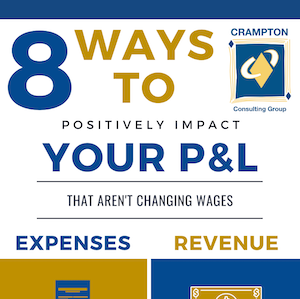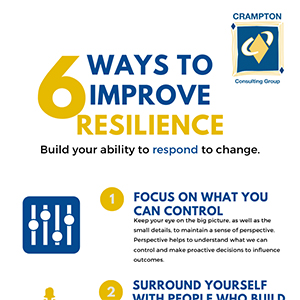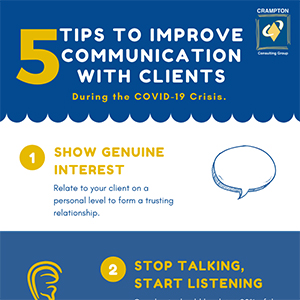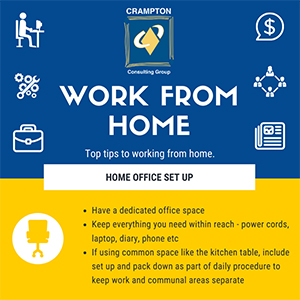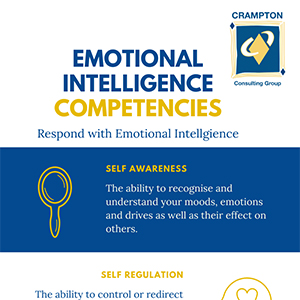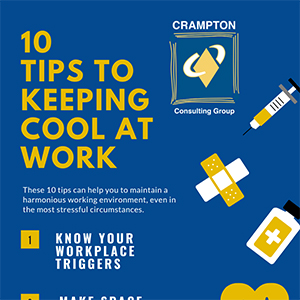Resources and Further Information
A collection of free materials and additional resources for you.
Free Training and Resources
Short Courses
Try a selection of FREE online training below:
Head to Toe: The Patient Examination
This short course provides a comprehensive guide for the veterinary nurse / technician on the ‘how and why’ of this important procedure. On the ProSkillsOnline website login with your existing account or create a new account and enrol yourself to begin.
The Full Clinical Patient Examination
In this videocast course you will learn about what we examine and why, what are normal parameters and how to discover abnormal results, and the use of mechanical monitoring equipment. On the ProSkillsOnline website login with your existing account or create a new account and enrol yourself to begin.
Policies and Documents
Try a selection of FREE documents below:
- Telephone Answering Policy
Download and customise to suit your practice. - Blank Policy Template
Use this as a starting point to create your own policies. - Personnel File Checklist
Ensure all essential documentation is on file - Induction Checklist Template
An Induction check for new personnel
Training Materials
COVID-19 Resources
For over 20 years, Crampton Consulting Group has been dedicated to supporting the veterinary industry and now, more than ever, we want to ensure you are supported through these times. COVID-19 has forced a rapid change on all of us and our priority is to help the people and practices in our great industry get through the pandemic and look to the future. The following resources have been collated to help you respond to the COVID-19 crisis, and prepare your team, clients and business for our new future. We will continue to add new resources to this page to support you during this difficult time.
FREE COVID-19 Infection Control Course for frontline staff run by the Department of Health with a certificate on completion.
https://covid-19training.gov.au
Articles
Many definitions of resilience exist, but one of our favorites is: Resilience is the power or ability to return to the original form, position, etc. after being bent, compressed, or stretched. Simply put, it is the ability to recover readily from illness, depression, adversity, or the like.
Resilience is often referred to as ‘hardiness’: a way of developing good outcomes by adapting and learning from obstacles and challenges. Resilient people tend to accomplish this faster, often with less time spent floundering in emotion.
We experience ‘activating events’ every day in life and at work. Veterinary professionals experience a high level of trauma, both primary and vicariously in the line of work we do. HOW we are able to process events, manage our emotions and self-talk goes a long way to maintaining resilience.
A recent overview by leading resilience researchers highlight that for an environment to facilitate resilience, it needs to be both high in challenge and support. Too much challenge and no support results in excessive stress, burnout and isolation. Too much support but not enough challenge can lead to complacency and boredom.
Some other ways to help develop resilience include (but are not limited to):
FOCUS ON WHAT YOU CAN CONTROL
We often experience a sense of helplessness or hopelessness when undergoing stress. This can lead to an experience of feeling out of control. When we can keep our eye on the big picture, as well as the smaller details, we can maintain a sense of perspective. Perspective can help us to understand what we can control, and actively make sensible decisions to influence outcomes.
SURROUND YOURSELF WITH PEOPLE WHO BUILD YOU UP
It has been well documented that we experience a tendency towards isolation when we experience stress. The impact of connection on resilience has been well documented. As well as impacting mood, connecting with others who build us up can impact motivation. By proactively choosing who we spend time with, we can consciously create a supportive environment that contributes to our development.
BELIEVE IN YOUR ABILITY TO OVERCOME HARDSHIPS
Researcher Angela Duckworth states that having a sense of hope and optimism is a key component to developing resilience and grit. This is often referred to as a ‘challenge state,’ or a state of mind where we believe we have the abilities to meet the demands of the situation and thrive. We actually have the ability to choose whether we adopt a ‘challenge state,’ or a ‘threat state’ of mind.
BE MINDFUL IN EXPERIENCING STRESS – WHAT HAVE YOU LEARNT?
There is a popular internet quote that reads, “life begins at the end of your comfort zone.” While very motivating, this quote unlocks some truths about resilience. Stepping out of our comfort zone gives us the experience of stress and this is necessary for our growth and development as individuals. It is important that we remain mindful during stress and are able to reflect on the experience. Try focusing on asking ‘what have I learnt?’ instead of the discomfort.
BE FLEXIBLE AND ADAPTABLE
When we experience stress, we often react with our amygdala (brain stem) rather than respond with our pre-frontal cortex. Author Jodi Picoult wrote in My Sister’s Keeper that “the human capacity for burden is like a bamboo – far more flexible than you’d ever believe at first glance”. Being flexible is a key component of resilience. Adopting an adaptable mindset will help you to better respond to change, be more creative in your problem solving and bounce back quicker after the experience of stress.
DEVELOP A SELF-CARE PLAN
Despite the high levels of stress experienced by veterinary professionals every day, very few veterinary professionals have consciously developed a self-care plan. Self-care has been strongly linked to resilience and our ability to rebound after experiencing stress. Invest time in developing a self-care plan and then implement each practice into your life and regularly review and update your self-care plan.
By now, we have all experienced the significant and rapid changes brought on by the COVID-19 crisis. We’ve been forced to respond and adapt at an alarming rate. Such a level of quick-paced change, heightened by significant uncertainty, naturally creates stress. This further exacerbates an already stressful industry.
While there are many strategies to respond to change and stress, some of which we have explored already on the Crampton Consulting Group COVID-19 Resource Hub, this blog is going to examine another question. Can client interactions help your team to remain positive during the COVID-19 crisis?
In an industry fuelled by passion and love of the job, we often focus our job satisfaction on the positive patient outcomes we achieve. This helps us to remain grounded and focused on our ‘why’ and supports us to keep going when the going gets tough. However, we know that our patients don’t bring themselves to the vet and come attached to their pet parents.
Research into resilience indicates a strong link between maintaining social connections and developing resilience. For the most part, this means maintaining a strong connection with our friends, family and other social networks. However, using these principles it is possible to apply this to the social connections we maintain with our clients.
Below we look at five key ways you and your team can use your client relationships to help you remain positive during the COVID-19 crisis.
1. Share the client connection
We, as veterinary professionals, are afforded unique insight into the lives of our clients. We are given the gift of trust and authority in the care of our clients’ fur children, and in turn are empowered to be patient advocates. With many clinics turning to telehealth consults, it is important to keep the client relationship at the centre of how we communicate and practice medicine.
2. Celebrate the good news stories
It is commonly said that customers will complain before giving compliments on a customer service experience. According to the White House Office of Consumer Affairs, a dissatisfied customer will tell between 9 – 15 people about their experience, with around 13% of dissatisfied customers telling more than 20 people. It can be easy to get caught up in the whirlwind of dissatisfied customers. So much so, we often lose sight of the compliments, testimonials and expressions of gratitude that our clients give us every day.
During the COVID-19 crisis, it is as important as ever to ensure we are reinforcing and focusing on the positive client interactions – and sharing these across the whole team. At a time where we are swamped with bad news, find ways to share a good news story with everyone. When you start to look for it, these positive client interactions are frequent and can provide a lot of fuel to the clinic engine.
3. Invest in building client relationships
Telehealth consult models create a digital barrier between veterinary teams and the clients we serve. When we feel stressed and start to become lower in resilience, we can often lose sight of taking a few extra minutes to invest in building rapport with our clients. Taking a few additional minutes to ask after your clients, as well as their pets, is a simple and easy way of demonstrating empathy and enhancing the connection with your client base.
4. Enhance your client communication channels
Communicate, communicate, communicate! Your clients want to hear from you and trust your expert advice during periods of uncertainty. In fact, veterinarians remain one of the top five most trusted professions in Australia. Be sure to utilise different communication channels to start the conversation and get your message out there. Emails, social media and SMS are just a few ways to leverage technology to get the conversation started. Remember that communication is a two-way street. Starting a conversation means your clients will engage with you, further developing the relationship.
5. Maintain a sense of gratitude
All across the PANPAC region, we at Crampton Consulting Group have been receiving reports from veterinary clinics about how understanding and supportive clients have been about their COVID-19 precautionary measures, and how grateful veterinary teams have been for this positive response. Reflecting on the silver lining of any crisis can help us to remain grounded and motivated despite the fear. Reflect daily, weekly and monthly – both on a personal level and with your team – about the silver linings and focus on a paradigm of gratitude to maintain motivation and remain positive.
The COVID-19 pandemic is, for most of us, a totally unique experience. We are attempting to navigate uncharted waters. Trying to keep positive can seem impossible when there is so much to stress and depress us and our teams. However, to quote a wise old wizard, “Happiness can be found in the darkest of times, if one only remembers to turn on the light.” Using these tips, interactions with your clients can serve as one more light to help guide you through this darkness.
Downloads (.pdfs)
- Cash flow assistance for businesses
- Delivering support for business investment
- Early access to superannuation
- Income support for individuals
- Payments to support households
- Supporting the flow of credit
- Temporary relief for financially distressed businesses
- COVID-19 Assistance for Businesses
- Employee Appreciation Cards
Printable Clinic Signs (.pdfs)
Infographics
People We Work With
Gold Education Sponsor of the VNCA
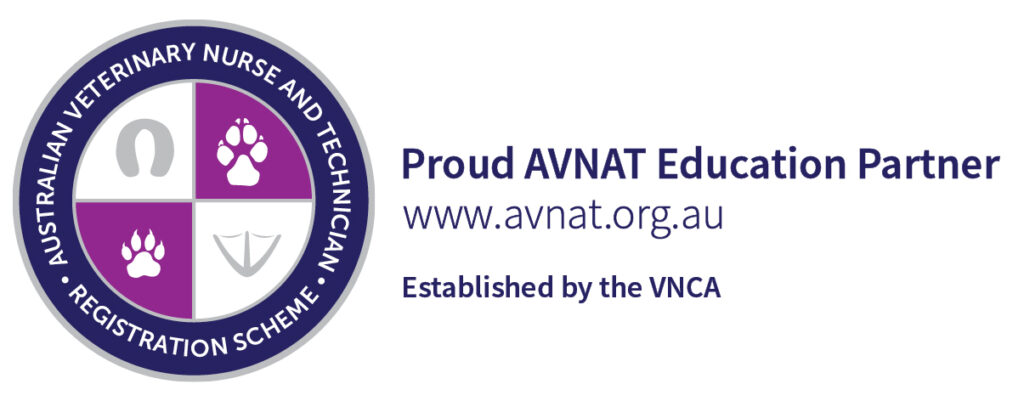
Get in touch to see how your business can benefit with CCG
Talking to us is about discovery, find out how can help you.

